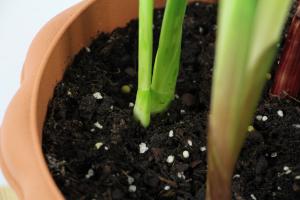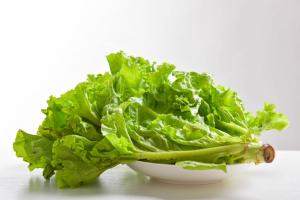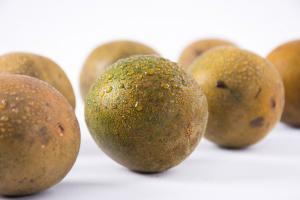How Often Should You Fertilize Outdoor Potted Plants?
Outdoor potted plants require proper nutrition for healthy growth. Fertilizer is essential to provide the necessary nutrients to these plants, but the question is how often should you fertilize outdoor potted plants to ensure they are healthy and thriving. The answer to this question can vary depending on several factors, such as the type of plant, the environment, and the type of soil used. In this article, we will discuss how often you should fertilize outdoor potted plants.
Fertilizing Schedule for Different Plants
Each plant has specific requirements for nutrients, and their fertilizing schedule varies accordingly. Some plants require monthly fertilization, while others may need it every two weeks. Let's take a look at some examples:
Vegetables and Fruits
Vegetables and fruits typically require fertilization at least once a month during their growing season. However, some fruit trees may need fertilization every two or three weeks during their peak growing season, while others may not require it at all. Always check the plant's label or consult a gardening expert to determine the right fertilizing schedule for your plants.
Flowers
Flowers have different nutrient needs depending on their type. Annual flowers may require fertilization every two weeks, while perennials may need it once a month. However, some flowers such as roses require fertilization every other week during their growing season. Again, it is important to check the plant's label or consult a gardening expert to determine the optimal fertilizing schedule.
Cacti and Succulents
Cacti and succulents require very little fertilizer, and their soil often contains enough nutrients. However, if the plant seems to be struggling, you can fertilize it once every two to three months during its growing season.
The Type of Fertilizer
The type of fertilizer used also plays a role in determining the frequency of fertilization. Fertilizers come in two primary types: liquid and granular. Liquid fertilizers are quickly absorbed by the plant, providing immediate nutrition, and may need to be reapplied after two to three weeks. Granular fertilizers release nutrients slowly, and one application may last for several months.
Organic fertilizers such as compost and manure provide natural nutrition to the plants and are less likely to burn the plants compared to synthetic fertilizers. These types of fertilizers typically need to be applied less frequently, and their effect on the plant can last up to several months.
Environmental Factors to Consider
The environmental conditions under which the plants are growing also affect the frequency of fertilization. Higher temperatures, bright light, and windy conditions can cause the moisture in potted soil to evaporate faster, thereby reducing the nutrient content in the soil. In such cases, plants may require more frequent fertilization to replenish the nutrients lost because of the environment.
On the other hand, during the winter season, plants are often dormant or experience slow growth, and their nutrient needs are lower. In such cases, you may only need to fertilize them once every two to three months.
In Conclusion
Fertilizing outdoor potted plants is essential for healthy plant growth, but several factors impact the frequency of fertilization. The type of plant, the type of fertilizer, and the environment under which the plant is growing all affect how often the plant requires fertilization. Always refer to the label or consult with a gardening expert to determine the optimal fertilizing schedule for your plants.

 how many times do yo...
how many times do yo... how many planted tre...
how many planted tre... how many pine trees ...
how many pine trees ... how many pecan trees...
how many pecan trees... how many plants comp...
how many plants comp... how many plants can ...
how many plants can ... how many plants and ...
how many plants and ... how many pepper plan...
how many pepper plan...






























